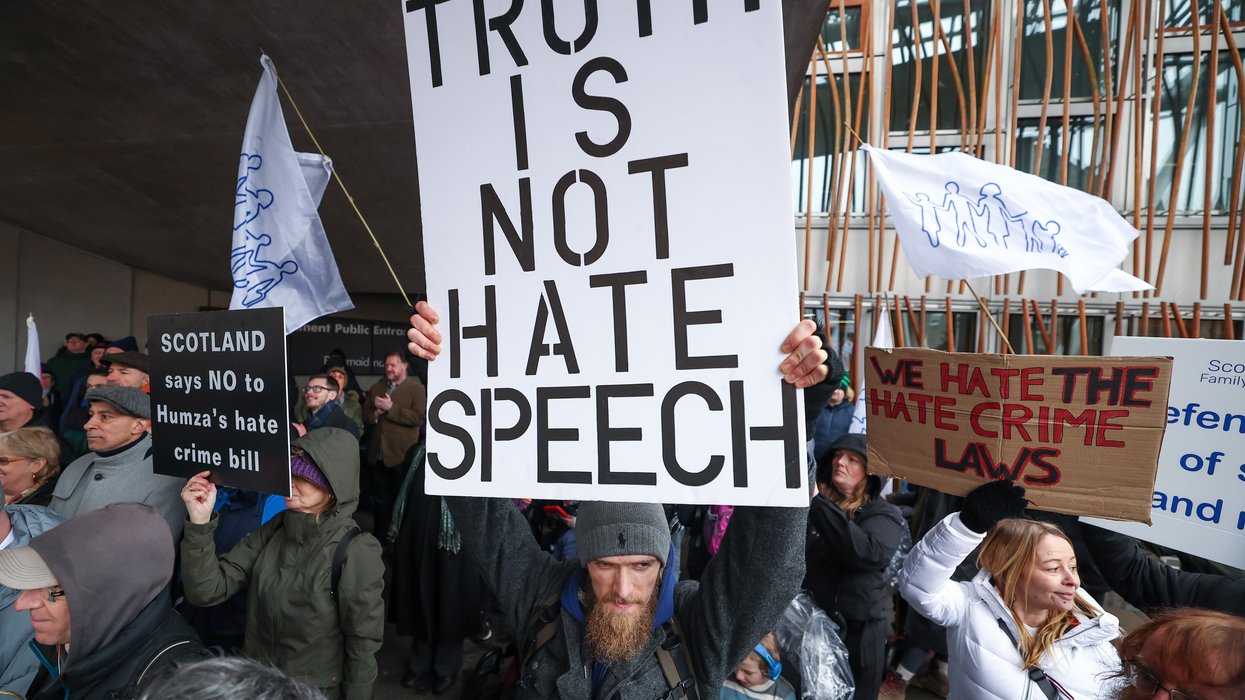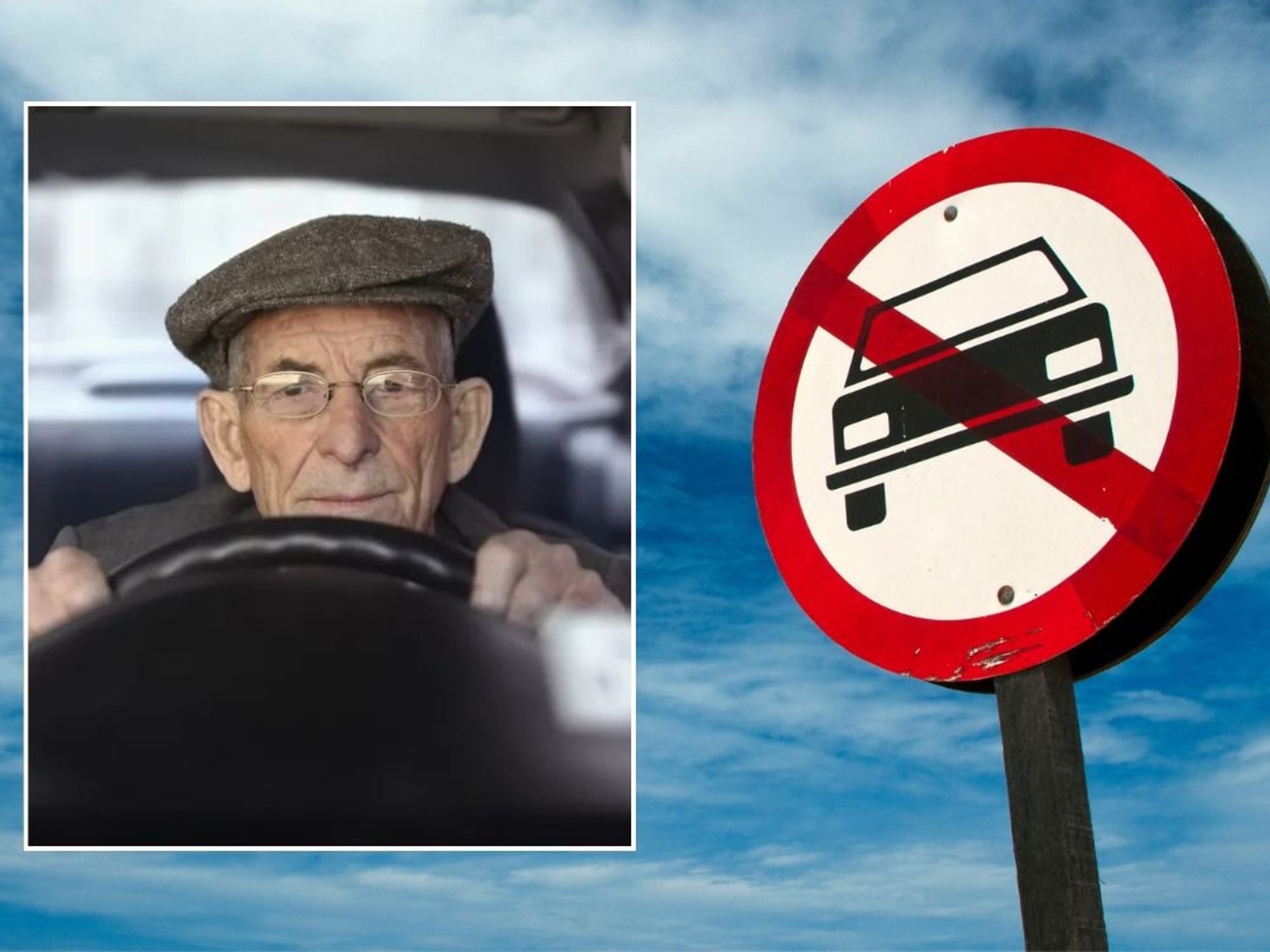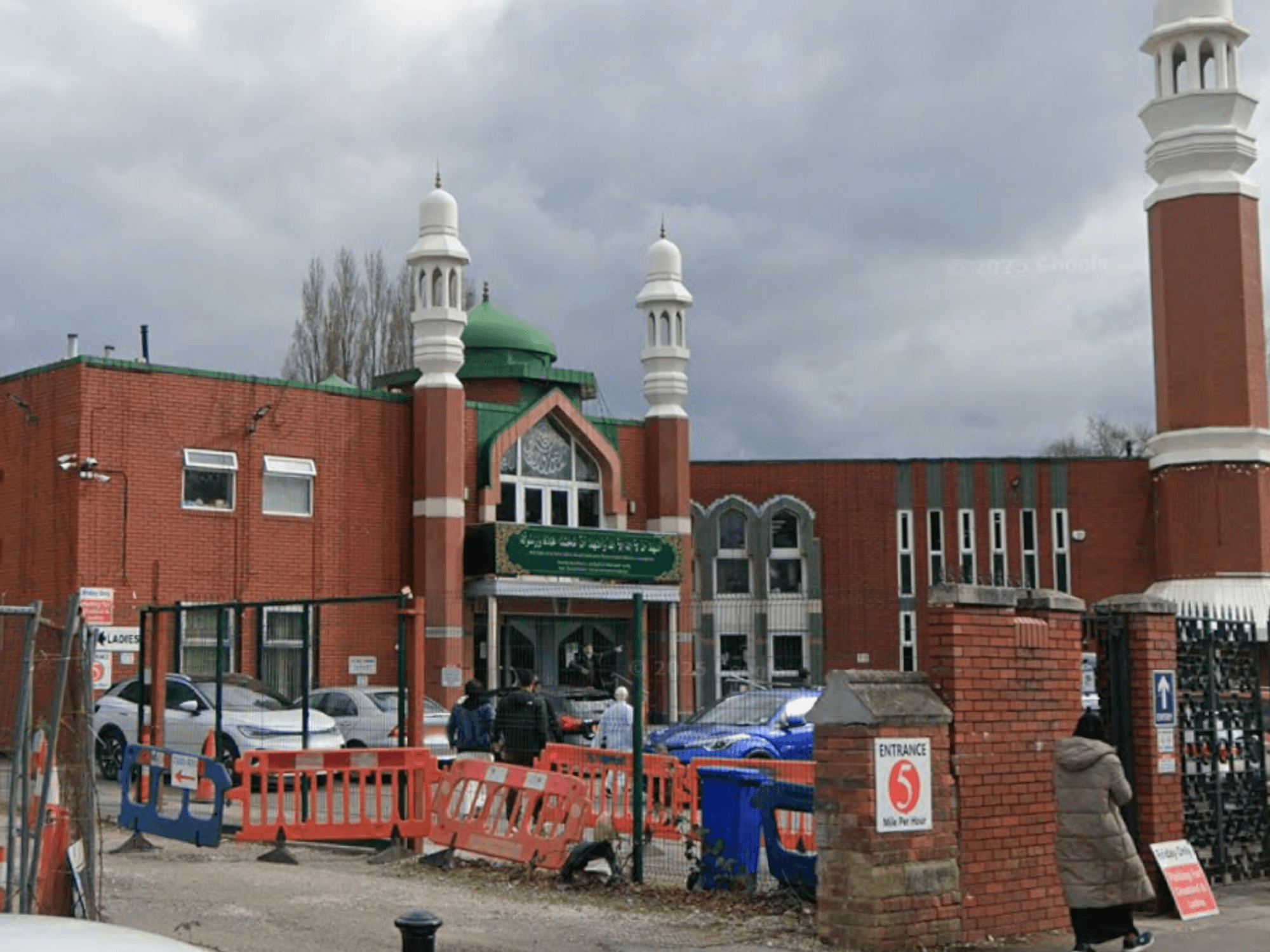Life in the SNP's Scotland is sinister under the new hate law. Even children can report their parents, says Dr Sandesh Gulhane

Scotland's new hate crime law came into force at the start of the month
| Getty ImagesDr Sandesh Gulhane warns Scotland’s new law is it fails to clearly define what constitutes “stirring up hatred"
Don't Miss
Most Read
Some might find it ironic, given the serious nature of the legislation, that Humza Yousaf’s Hate Crime and Public Order Act came into force on April 1. This created an offence of “stirring up hate” against people with protected characteristics, including age, disability, religion, sexual orientation and transgender identity.
That said, there is no such protection for people based on their sex, which is startling given that women are more likely to face harassment, defamation or even violence than any other group.
Under the SNP-Green partnership, who have the numbers in Holyrood to steamroll through even poor legislation, those that challenge their version of so-called ‘progressive politics’ can now be reported to the police. And even complaints that are too weak to prosecute can still be logged as ‘non-crime hate incidents’ and kept on file.
As a public figure of Indian descent, often on the receiving end of vulgar vitriol, I’m all for calling out threatening or abusive behaviour that clearly smacks of basic hatred. But the trouble with Scotland’s new law is it fails to clearly define what constitutes “stirring up hatred", far less decide on when the threshold for criminality is met. This is left to an under-resourced Police Scotland.
The Scottish Conservatives voted against the Hate Crime Bill in March 2021. Now it seems that many Labour and Lib Dem MSPs, who backed it, are having buyer’s remorse. Across the political spectrum, there is now widespread concern about the potential impact of the Act on freedom of speech and expression.
It’s one thing to protect individuals from hate speech, or what they might perceive to be hate, but this needs to be balanced in a way that safeguards fundamental freedoms. If not, there is a risk of even stifling artistic expression or academic enquiry. The broad, subjective, definition of hate speech could lead to censorship and self-censorship, stifling open discussion and debate.
And I don’t just mean in the office, lecture theatre or on the powerful and pervasive social media. The Orwellian reality is that Scotland’s law covers anything said anywhere – including your own home. Children can even report on their parents.
Scots are able inform on each other with impunity – and anonymity. There’s even a network of ‘reporting centres’ – many on student campuses, though one is a Glasgow sex shop.
The Scottish Conservatives always believed – and so it has proved – that some groups would weaponise the Act to score political points. In the Act’s first week Police Scotland received 7,152 online complaints, the vast majority of which were anonymous. In the end, officers logged 240 of them as hate crimes.
At a time when frontline officers are unable to investigate every minor crime, they are now faced with a deluge of complaints from individuals or groups using the law to suppress views they disagree with.
Prior to the act coming into force, one MSP, Murdo Fraser, was the subject of a complaint by an anonymous member of the public for his criticism of an SNP-Green political position on a protected characteristic. While the police deemed that no offence had been committed, a ‘non-crime hate incident’ was still recorded against his name.
Lord Hope of Craighead, one of Scotland’s most senior legal figures, has called for the unworkable law to be withdrawn and accused the Act’s backers of indulging in “gesture politics”.
Whatever your own politics, this should be deeply disturbing. As well as adding to our police force’s unsustainable pressures, Scotland’s Hate Crime and Public Order Act smacks of government overreach. The SNP, supported by most of Scottish Labour, the Lib Dems and the Greens, railroaded a poorly conceived Bill through Parliament.
Now, Scotland is faced with the risk of the law being used to silence views considered politically unpalatable by others. This is incompetence in government – which regretfully we’ve come accustomed to under this SNP-led government. For the record, this is not hate, its reality.










